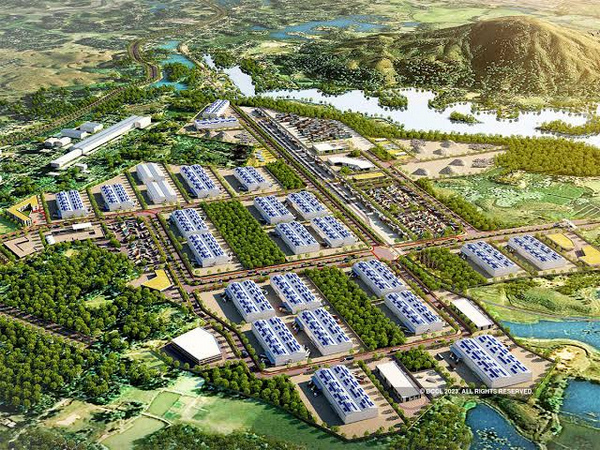The government of India has announced its plans to actively promote the Public-Private Partnership (PPP) model to expand the Multi-Modal Logistics Parks (MMLPs) network across the country. This initiative aims to streamline logistics, reduce costs, and position India as a competitive player in the global market, supporting the country’s ambitious journey towards a USD 5 trillion economy. Sagar Kadu, Director of Logistics at the Ministry of Commerce & Industry, emphasized the transformative potential of the PPP model, stating that it enhances efficiency through collaboration and revenue sharing. MMLPs aim to integrate logistics services like cold storage, value addition, and customs to pave the way for a streamlined, efficient system.
Karunakaran Sathianathan, Independent Director at National Highways Logistics Management Limited, Ministry of Road Transport and Highways, highlighted the significance of MMLPs in reducing logistics costs and fostering private sector participation. He stated that the MMLP concept reduces costs by integrating transportation and providing efficient rail-road connectivity. The collaboration between the private sector and government is crucial to overcome challenges in land acquisition, rail connectivity, and customs approvals. MMLPs aim to significantly lower logistics costs and attract investments in the manufacturing sector, positioning India as a competitive global player.
MMLPs is a key policy initiative led by National Highways Logistics Management Limited under the Ministry of Road Transport and Highways and the National Highways Authority of India. This initiative aims to develop Multi-Modal Logistics Parks in a hub-and-spoke model to improve the country’s freight logistics sector by lowering overall freight costs and time, cutting warehousing costs, reducing vehicular pollution and congestion, and improving tracking and traceability of consignments through infrastructural, procedural, and information technology interventions. Debmalya Banerjee, Regional Director of the ICC, emphasized that the government’s strategic push for the MMLP initiative underscores its commitment to developing world-class logistics infrastructure, boosting domestic trade, enhancing export competitiveness, and addressing current logistical challenges.
The MMLP initiative is crucial in aligning with the country’s economic goals and promoting competitiveness and sustainability in the logistics sector. By integrating road and rail networks and providing value-added services, MMLPs are expected to enhance India’s export competitiveness and boost domestic trade. The comprehensive approach of MMLPs will address current logistical challenges, reduce indirect costs, and pave the way for a more efficient and sustainable logistics ecosystem in India. The success of MMLPs hinges on robust policies and private sector expertise in overcoming challenges related to land acquisition, rail connectivity, and customs approvals.
Overall, the government’s push for the PPP model and the MMLP initiative is a significant step towards transforming India’s logistics infrastructure. By promoting collaboration between the private sector and government, MMLPs aim to reduce logistics costs, attract investments, and enhance India’s export competitiveness. The integration of road and rail networks and the provision of value-added services will contribute to a more efficient and sustainable logistics ecosystem in the country, supporting its goal of becoming a USD 5 trillion economy.










